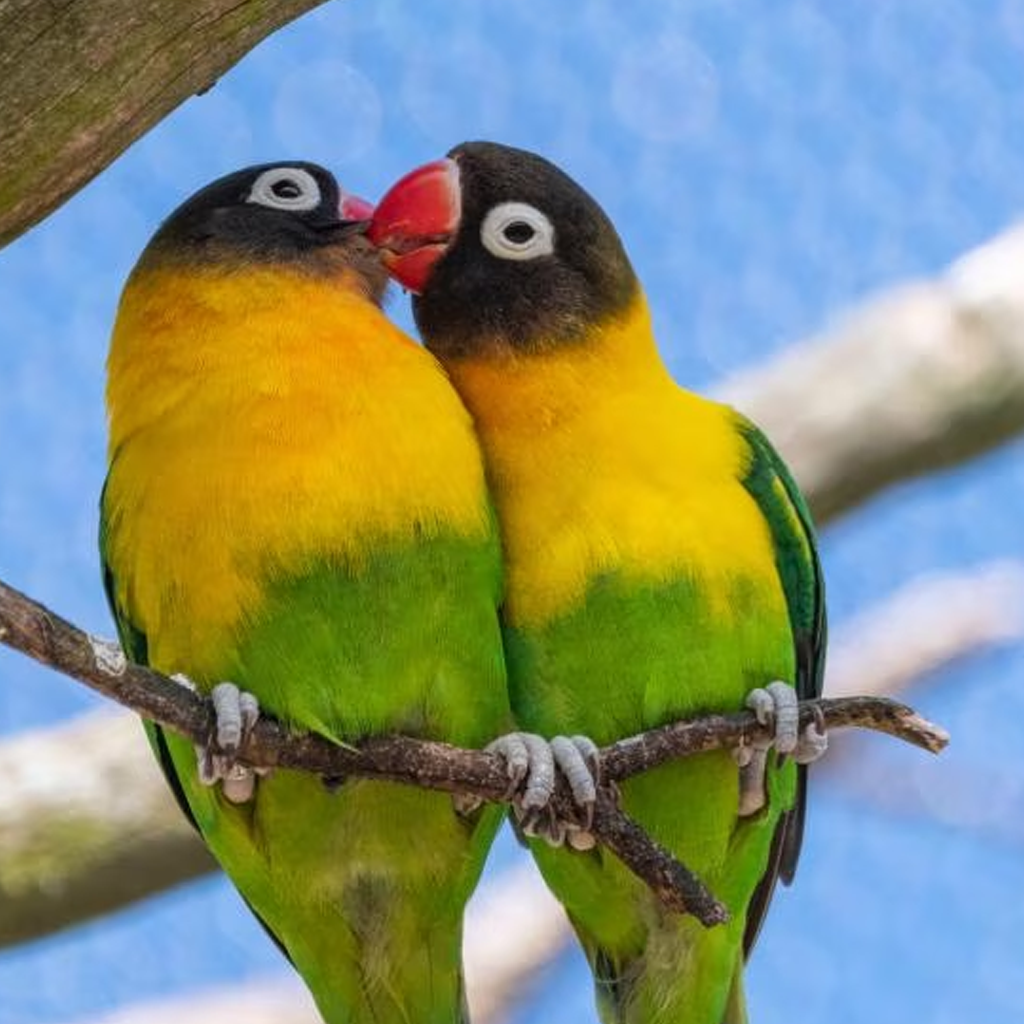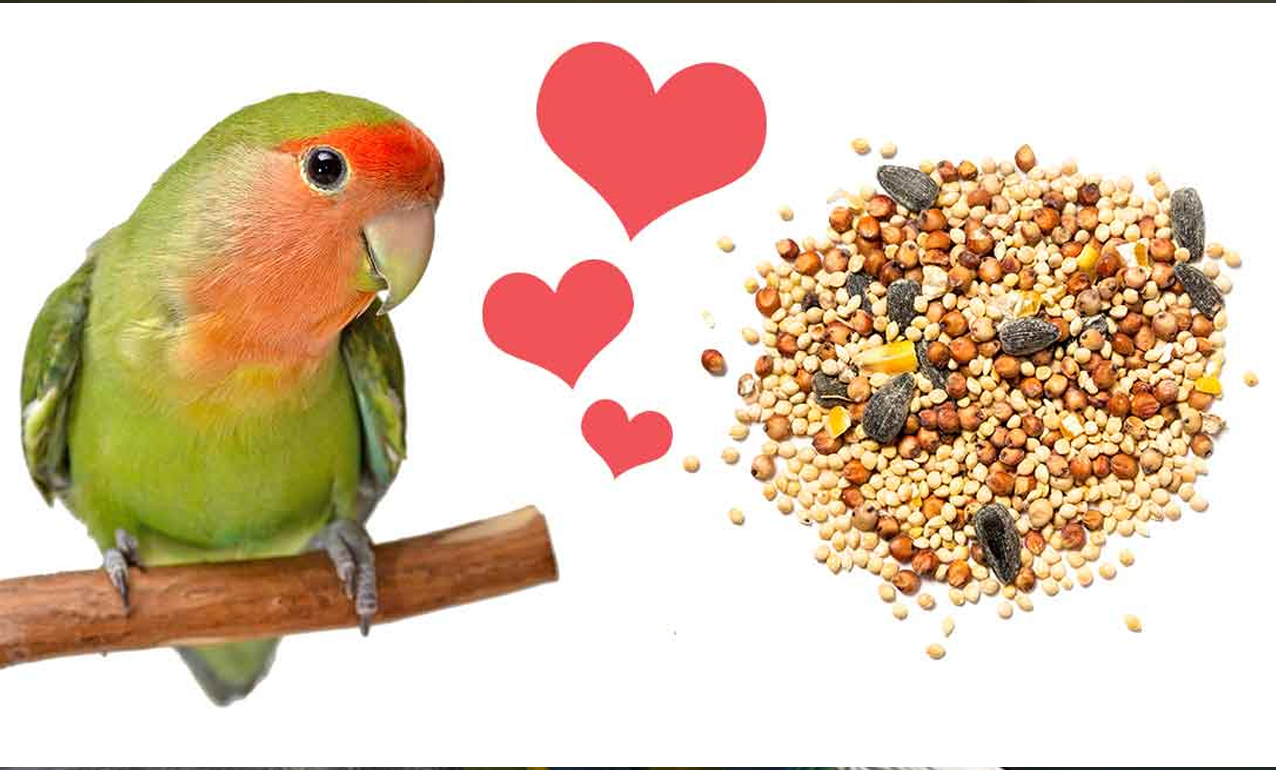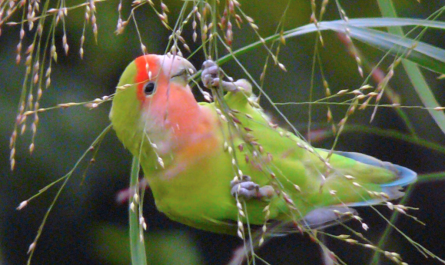Introduction: Lovebirds are known for their vibrant personalities and strong pair bonds, but their vocalizations are also a key part of their charm. Whether you’re a seasoned bird owner or new to keeping lovebirds, understanding the sounds they make can help you better care for them and strengthen your bond.
Understanding Lovebird Vocalizations:
- Chirps and Tweets:
- Meaning: These are the most common sounds lovebirds make. Chirping usually indicates contentment and happiness. It’s their way of communicating with you or other birds.
- When You’ll Hear It: Throughout the day, especially in the morning.
- Squawks:
- Meaning: Squawking can indicate a range of emotions, from excitement to distress. If the squawking is excessive, it could signal that something is wrong.
- When You’ll Hear It: When the bird is startled, anxious, or seeking attention.
- Soft Murmurs:
- Meaning: These are gentle, almost purring sounds that lovebirds make when they are feeling particularly relaxed and comfortable, often when they are preening or cuddling.
- When You’ll Hear It: During quiet moments, usually when the bird is alone or with its mate.
- Whistles:
- Meaning: Some lovebirds can learn to mimic whistling sounds. This is often a sign of a well-bonded bird that enjoys interacting with its owner.
- When You’ll Hear It: During playtime or when you interact with your lovebird.
- Aggressive Clicking:
- Meaning: A clicking noise often accompanies aggressive behavior. This sound is a warning, indicating that the bird is feeling threatened or territorial.
- When You’ll Hear It: When your lovebird feels its space is being invaded or if it is stressed.
How to Respond to Lovebird Sounds:
- Positive Reinforcement: Reward your lovebird with treats or affection when it makes pleasant sounds, such as chirps or whistles.
- Attention to Squawking: If your bird is squawking excessively, try to identify the cause. It might be bored, lonely, or uncomfortable.
- Mimicry and Interaction: Engage with your lovebird by mimicking its sounds or teaching it new ones. This can enhance your bond and provide mental stimulation for the bird.
Common Concerns:
- Sudden Silence: If a usually vocal lovebird suddenly becomes quiet, it may be a sign of illness or distress. Consult a vet if you notice this change.
- Loud and Repetitive Squawking: This can be a sign of loneliness or boredom. Ensure your lovebird has plenty of toys and interaction.
Conclusion:
Understanding the different sounds your lovebird makes can greatly enhance your relationship with your feathered friend. By paying attention to their vocalizations, you can better meet their needs and ensure they are happy and healthy.
Share this content:




